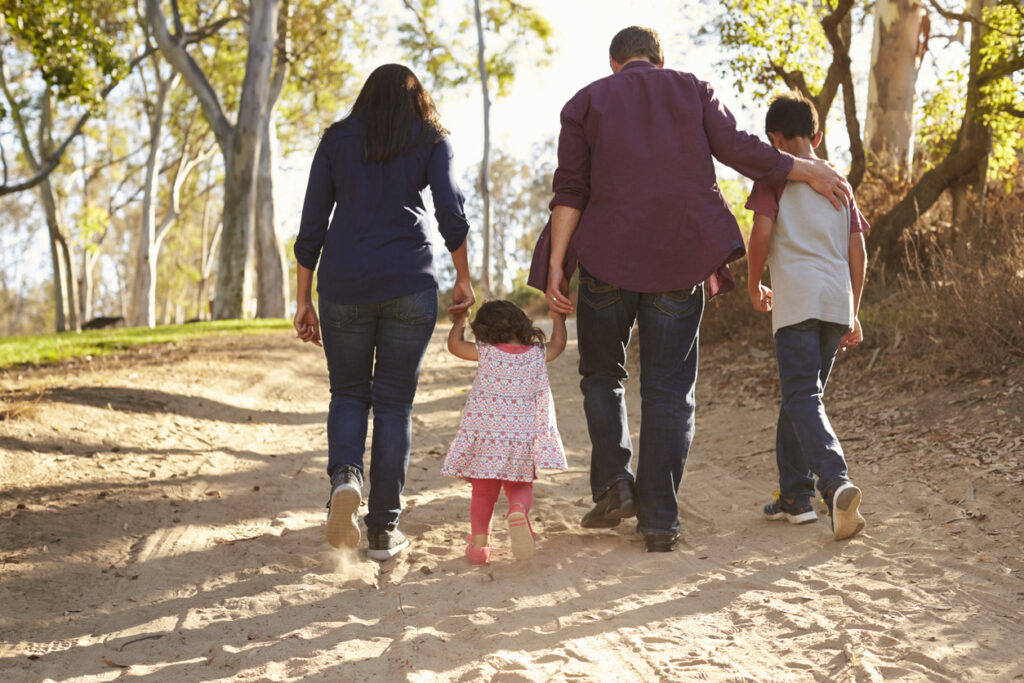A generation ago, it was understood that having a father in the home was good for children. Asked in 2006 how important it was for a couple to get married when they had children, half of the public said “very important,” and 27% said “somewhat” important. Today, over 40% of people say a married father in the home is not important at all.
This growing lack of understanding or respect for what fathers contribute to children’s lives is unfortunate since the more research there is, the clearer it becomes that fathers play a huge positive role in not only their children’s lives but also in the lives of other children in their communities.
For decades, a growing body of evidence has shown that, even after adjusting for income, children raised with married fathers in the home are less likely to be suspended from school, more likely to graduate from high school, more likely to go to college, more likely to be employed as adults, and less likely to be convicted of a crime than children raised by single parents.
Fathers are far more than just providers for their families, which is why, contrary to what the Democratic Party tells you, they cannot be replaced by checks. Just as men and women are different, fathers and mothers are different, and fathers bring a special set of skills to parenting. As one parenthood researcher put it, while mothers are “more nurturing in their relationship with children, fathers tend to be more involved in preparing children to deal with life.”
Fathers are more likely to play with their children, especially through rough-and-tumble physical play. They are more likely to challenge their children and surprise them, which helps them learn to process unfamiliar situations. For young boys, in particular, fathers play a key role in modeling strong yet kind masculinity.
It is through this that fathers benefit not only their children but also children in their surrounding communities. Harvard University research on economic mobility has found that neighborhoods with higher percentages of fathers living in the same homes as their children had much higher rates of upward mobility than neighborhoods with few fathers in the homes. This effect was strongest for boys, especially black boys. More than school quality, more than race, more than education broadly, it was the presence of married fathers in a community that best predicted how well all children in that community turned out.
CLICK HERE TO READ MORE FROM THE WASHINGTON EXAMINER
Unfortunately, there are fewer and fewer fathers in married homes with their children. In 1960, 75% of households included a married couple, and 44% included a married couple with children. The married household was the foundation of the nation. Today, just 49% of households include a married couple, and 19% include a married couple with children.
So, if your father is still alive, give him a call today and thank him for all he did to help make you the person you’ve become. If you are lucky enough to come from a married household, you can also thank him for being a role model for those less fortunate than you in your neighborhood.
